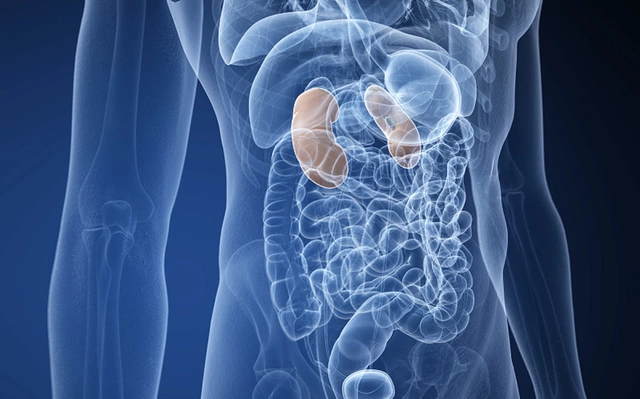Weight Gain Guide – Easy Tips for Healthy Growth
If you’re trying to put on a few extra pounds, the first thing to know is that it’s not just about eating more. It’s about eating right, moving smart, and sometimes adding the right supplement. Below you’ll get straight‑forward advice that works without any fancy jargon.
Nutrition Basics for Gaining Weight
The foundation of any weight‑gain plan is calories. You need to eat more than your body burns, but those extra calories should come from nutritious sources. Aim for a daily surplus of about 300‑500 kcal. That’s roughly one extra serving of protein, healthy fat, or complex carbs at each meal.
Protein is the building block for muscle. Include lean meats, eggs, dairy, beans, and tofu in every meal. A good rule of thumb is 1.2–1.6 grams of protein per kilogram of body weight. If you weigh 70 kg, that’s around 84‑112 g of protein daily.
Don’t forget healthy fats. Olive oil, avocado, nuts, and seeds are calorie‑dense and help you hit your surplus without feeling overly full. Add a spoonful of nut butter to a smoothie or drizzle olive oil over salads for an easy boost.
Carbohydrates give you the energy needed for stronger workouts. Whole grains, potatoes, rice, and fruits provide steady fuel. Pair carbs with protein after training to speed up recovery and promote muscle growth.
Supplements & Medications That Can Help
When food alone isn’t enough, supplements can fill the gap. Whey protein powder is a quick way to add high‑quality protein without extra prep. A typical shake gives about 20‑25 g of protein and 120‑150 calories.
\nCreatine monohydrate is another popular option. It’s safe, inexpensive, and can improve strength, allowing you to lift heavier and gain more muscle. The usual dose is 5 g per day, mixed into water or a shake.
If you have a medical condition that makes weight gain hard, talk to a doctor about prescription options. Some medications, like certain antidepressants, can increase appetite as a side effect. Our site has articles on drugs such as Prozac and Zoloft that explain how they might affect your weight.
Remember, consistency beats intensity. Stick to a regular eating schedule—three meals plus two snacks works for most people. Track what you eat with a simple app or notebook; seeing the numbers helps you stay on target.
Finally, combine nutrition with strength training. Focus on compound lifts like squats, deadlifts, and bench presses. These movements recruit multiple muscle groups and trigger the biggest hormonal response for growth. Aim for 3‑4 sessions per week, using a weight that lets you complete 8‑12 reps per set.
With these steps—calorie surplus from wholesome foods, strategic protein and fat intake, optional supplements, and regular strength work—you’ll start seeing steady weight gain. Check out the other articles on our tag page for deeper dives into specific medicines, supplement safety, and diet plans. Stay patient, stay consistent, and you’ll hit your goals.

The Connection Between Cinnarizine and Weight Gain
I recently came across some interesting information about the connection between Cinnarizine and weight gain. Cinnarizine is a medication commonly used to treat dizziness, vertigo, and motion sickness. It seems that this drug can sometimes cause weight gain as a side effect, but it's not entirely clear why this occurs. Some experts believe it could be related to an increase in appetite or changes in metabolism. It's important to be aware of this potential side effect and discuss it with your doctor if you're taking Cinnarizine.





